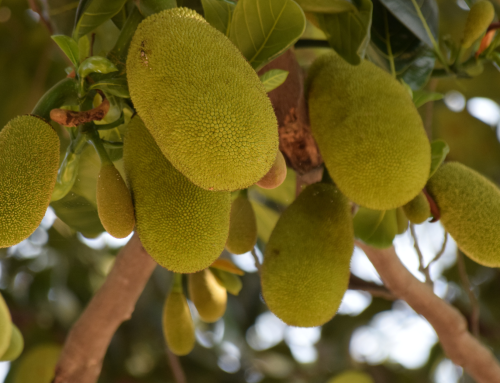In rural India, where many families still rely on traditional cooking methods such as wood-burning stoves, the air inside homes can be severely polluted, leading to serious health problems. Women and children spend the most time indoors and are particularly vulnerable. Biogas offers a clean and sustainable alternative that can improve the health and well-being of rural communities.
Biogas and its significance in rural households:
Organic matter, such as animal waste and kitchen scrap, produces Biogas through anaerobic digestion. The result is a clean-burning gas used for cooking, lighting, and heating. In addition to providing a cleaner energy source, biogas systems reduce waste and improve soil fertility.
Studies have shown that households that switch to Biogas experience significant improvements in health, including reduced respiratory problems, eye irritation, and headaches. Women benefit from the switch, as they no longer must breathe in smoke while cooking and have more time to pursue other activities.
Setting up the Biogas system:
- Site assessment: The first step is to assess the site and install the system. This step includes evaluating organic waste, water, electricity, and space availability.
- Design and planning: Based on the site assessment, a design and plan for the biogas system can be developed, including the size of the biogas digester, the type of biogas generator, and the layout of the system components.
- Equipment procurement: The next step is to purchase the equipment necessary to set up the biogas system, including the biogas digester, generator, gas storage tanks, and distribution pipes.
- Installation: The biogas system installed on the site includes the construction of the digester, the structure of the generator and gas storage tanks, and the laying of the distribution pipes.
- Commissioning and start-up: Installed Biogas needs to be commissioned and started up, which involves filling the digester with organic waste, checking the system components, and monitoring the gas production.
- Operation and maintenance: The biogas system requires regular maintenance and upkeep to ensure its efficient and safe operation, including monitoring gas production, cleaning the digester, and checking the system components.
Benefits of Biogas:
- Reduces the demand for wood fuel: Biogas can be used as a clean and renewable energy source for cooking and heating, reducing the need for firewood. People conserve forests by using Biogas instead of cutting down trees for fuel.
- Decreases the use of fossil fuels: Replacing fossil fuels such as coal and natural gas, linked to deforestation due to the need for extraction and transportation, is possible with Biogas.
- Supports sustainable agriculture: Biogas production is typically linked to agriculture and livestock farming, reducing the need to convert forests into agricultural land.
- Reduces the risk of violence: Girls and women are often at risk when collecting firewood for cooking and heating. Biogas can lessen the need for girls and women to venture into dangerous or isolated areas to gather firewood by providing a clean and safe energy source.
- Improves health: The smoke from traditional cooking fuels, such as firewood and charcoal, is a significant contributor to indoor air pollution, which can cause respiratory problems, especially in girls and women who spend much time in the kitchen. Biogas provides a clean and safe alternative, improving health outcomes and reducing the risk of respiratory problems.
- Increases access to education: Girls and women often collect firewood, reducing the time available for education and other activities. By reducing the time spent on fuel collection, Biogas can increase girls’ education access, helping improve their prospects and safety.
- Promotes economic empowerment: Biogas can help to encourage economic empowerment for girls and women, reducing their vulnerability to violence and exploitation.
Despite its many benefits, biogas adoption in rural India could be faster. It can improve the health and well-being of communities, reduce waste, improve soil fertility, and empower women by giving them more time to pursue other activities. Investing in Biogas is a step towards a healthier, more sustainable future for rural India.
Listed below are some of VNV’s Biogas Projects:
- GS10782: Household Biogas Plants in rural parts of central India
- GS11190: Household Biogas Plants in selected districts of Assam
- GS2519: Household Biogas Plants installed in rural areas of Maharashtra
- GS2520: Household Biogas Plants installed in rural areas of Uttar Pradesh & Gujarat
- GS6275: Domestic Biogas project for rural households in India
- GS7576: Household Biogas Plants in rural parts of Northeast India
We at VNV are working to educate rural communities about Biogas’s benefits and provide technical support to families interested in switching to this clean energy source. Contact us at sales@vnvadvisory.net and join us in helping these communities build a better livelihood.







